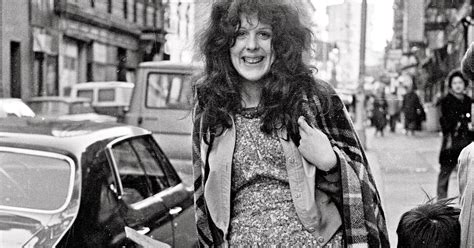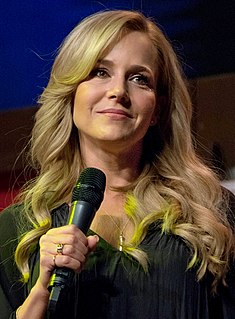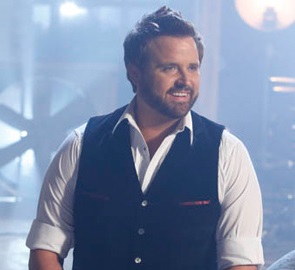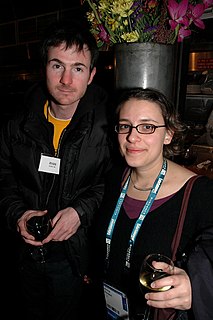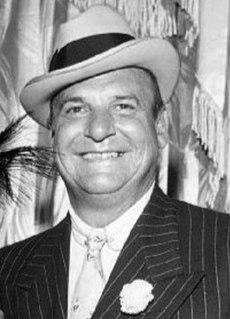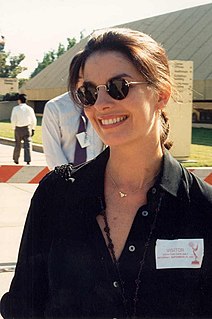A Quote by Cynthia Heimel
Los Angeles people are incapable of passively mainlining TV and movies. Here you have to read who produced or directed every episode, who wrote it, who had guests shots and whether you know them personally and if they like you. You have to figure out who everybody's agent is and whether yours is better. You not only know but deeply care about the difference between such job titles as Producer, Supervising Producer, and Executive Story Editor. ... So while the rest of the country is lying stupid in a media-induced coma, people in L.A. are in constant withdrawal.
Quote Topics
About
Agent
Angeles
Better
Between
Care
Coma
Constant
Country
Deeply
Difference
Directed
Editor
Episode
Every
Everybody
Executive
Figure
Guests
Had
Incapable
Job
Job Titles
Know
Like
Like You
Los
Los Angeles
Lying
Media
Movies
Only
Out
People
Personally
Produced
Producer
Read
Rest
Shots
Story
Stupid
Them
Titles
TV
Whether
While
Withdrawal
Wrote
Yours
Related Quotes
And often when things turn to TV series there are so many different people with different agendas that things can morph. And so, you know, that was why having the executive producer title was important to me because even if I was the star and I had a concern, you know, that concern would only go so far. But having the title of executive producer actually makes them have to actually listen to me complain.
The difference between ignorant and educated people is that the latter know more facts. But that has nothing to do with whether they are stupid or intelligent. The difference between stupid and intelligent people-and this is true whether or not they are well-educated-is that intelligent people can handle subtlety. They are not baffled by ambiguous or even contradictory situations-in fact, they expect them and are apt to become suspicious when things seem overly straightforward.
There is a big difference between No. 1 and No. 2. I don't care who wrote it. I'd love to one day have a No. 1 that I wrote, but if that ain't in the cards, whatever. My job is right now is to make the best music I can and try to get it to the people, whether it be something that I wrote or not. It's my job to be the best I can for the fans.
On 'Half Nelson,' I was credited as the director, we both co-wrote it and Anna was the producer. We didn't know too many directing teams working at the time except the Coen brothers and that seemed to be the model, and people always know that they're a team, whether the credit reflected that or not.
My job is to cover the hell out of the story, very aggressively. The real place to be courageous if you're a news organization is where you put your people to cover the story. It's making sure that you have people going to Baghdad. It's making sure that you figure out how to cover the war in Afghanistan. While the journalist in me completely stands with them, the editor of the New York Times in me thinks my job is to figure out what the hell happened and cover the hell out of it, and that's more important than some symbolic drawing on the front page.
